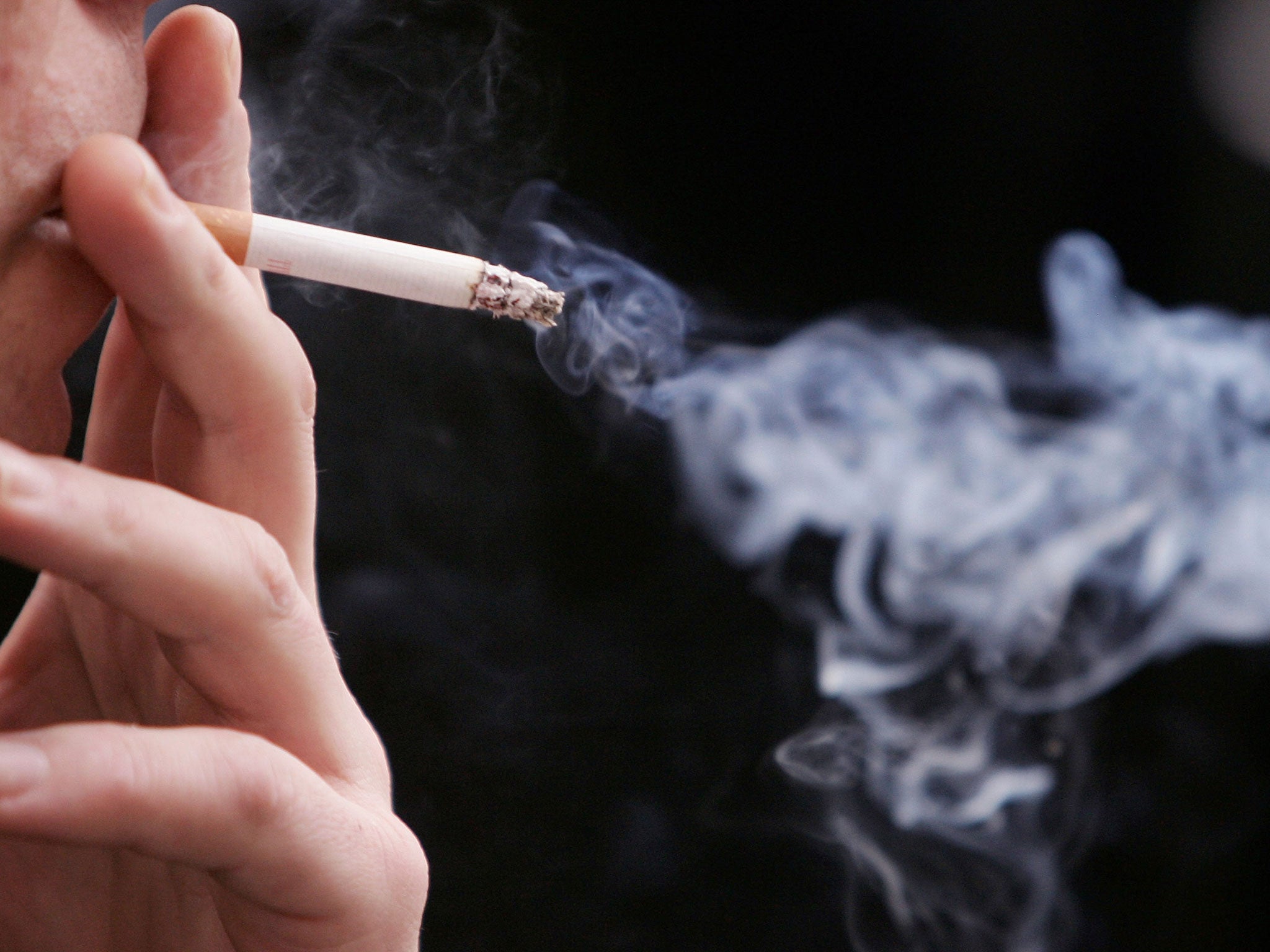What happens to your body when you stop smoking
Need motivation to stop smoking? Here's what happens to your body between 20 minutes and 15 years after your last cigarette

Your support helps us to tell the story
From reproductive rights to climate change to Big Tech, The Independent is on the ground when the story is developing. Whether it's investigating the financials of Elon Musk's pro-Trump PAC or producing our latest documentary, 'The A Word', which shines a light on the American women fighting for reproductive rights, we know how important it is to parse out the facts from the messaging.
At such a critical moment in US history, we need reporters on the ground. Your donation allows us to keep sending journalists to speak to both sides of the story.
The Independent is trusted by Americans across the entire political spectrum. And unlike many other quality news outlets, we choose not to lock Americans out of our reporting and analysis with paywalls. We believe quality journalism should be available to everyone, paid for by those who can afford it.
Your support makes all the difference.The process your body goes through after stopping smoking - in the 20 minutes to 15 years after your last cigarette - has been revealed by CVS health.
Around 10 million people in the UK smoke, and about two thirds of them want to stop, according to research from Action on Smoking and Health (ASH).
About half of all regular smokers will die from their addiction, which amounts to about 100,000 people a year.
The infographic from CVS Health revealed that 20-30 minutes after smoking cessation blood pressure and pulse have already started to drop, and the carbon monoxide in the blood will begin to drop after just eight hours.
In two days, sense of smell and taste should start to improve

Five years without a cigarette will halve the risk of heart disease, and the risk of mouth, throat, esophagus and bladder cancer.
After 15 years of not smoking, your risk of death will have almost returned to that of a non-smoker. It takes this long for your risk of lung cancer, pancreatic cancer and heart disease to reduce to that of a non-smoker.
Join our commenting forum
Join thought-provoking conversations, follow other Independent readers and see their replies
Comments